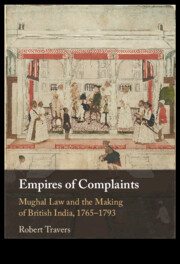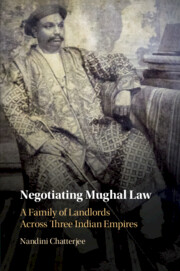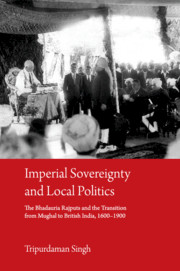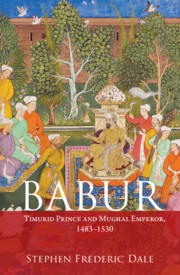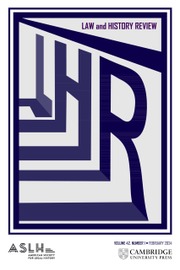Empires of Complaints
In this deeply researched and revealing account, Robert Travers offers a new view of the transition from Mughal to British rule in India. By focusing on processes of petitioning and judicial inquiry, Travers argues that the East India Company consolidated its territorial power in the conquered province of Bengal by co-opting and transforming late Mughal, Persianate practices of administering justice to petitioning subjects. Recasting the origins of the pivotal 'Permanent Settlement' of the Bengal revenues in 1793, Travers explores the gradual production of a new system of colonial taxation and civil law through the selective adaptation and reworking of Mughal norms and precedents. Drawing on English and Persian sources, Empires of Complaints reimagines the origins of British India by foregrounding the late Mughal context for colonial state-formation, and the ways that British rulers reinterpreted and reconstituted Persianate forms of statecraft to suit their new empire.
- Situates colonial state-formation within the dynamic petitionary culture of late Mughal India
- Shows how colonial civil law grew out of British interpretations of Mughal revenue law, as well as Hindu and Muslim law
- For scholars and students of South Asia, early modern empires, and colonial legal history
Reviews & endorsements
‘A remarkable book that frames the history of the colonial state in the Persianate Mughal world. Travers has done a great service to eighteenth-century history in his subtle invocation of the Mughal political practice of petitioning to understand the wheels of law and justice in early colonial India. A brilliant non-Euro-centric gaze on the making of colonial India.' Seema Alavi, Delhi University
‘Deeply researched and carefully argued, this masterful study tracks the influence of Mughal legal practices and Indian petitioners on the emerging colonial state. A must read for anyone interested in the history of property and credit, legal writing, and British imperial policies in South Asia.' Lauren Benton, Yale University
‘This is a path-breaking piece of scholarship that offers a rare bridge between the pre-colonial and the colonial in South Asian history. Using a wealth of Persian materials in addition to better-known colonial sources, the book reconceives East India Company rule in late eighteenth-century Bengal as a Persianate empire, showing how Mughal governance practices, laws and ideologies continued to be adopted and repurposed by the incoming colonial regime.' Nandini Chatterjee, University of Exeter
‘… an enriching and essential read for all scholars interested in South Asian legal history but also more broadly in the history of modern South Asia.’ Priyasha Saksena, Rechtsgeschichte - Legal History
Product details
May 2025Paperback
9781009125697
296 pages
229 × 152 × 16 mm
0.434kg
Available
Table of Contents
- Introduction
- 1. Petitioning, taxation and law in eighteenth century Bengal: the context for empire
- 2. Recasting Mughal law: company justice after 1772
- 3. Zamindari succession disputes and Persianate Hindu law
- 4. 'At the Durbar' in Calcutta: Banians, revenue farming, and the politics of landed debt
- 5. A jagirdar's lament: an Indo-Persian historian's appeal to the British empire
- 6. Conclusion: the making and remaking of a colonial judicial state (c.1780–1793)
- Select bibliography.

